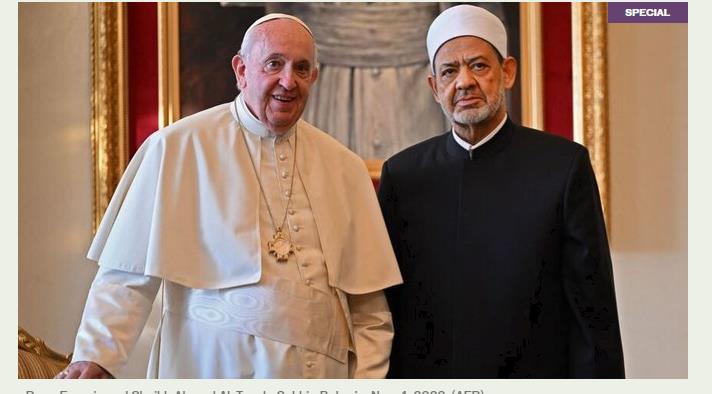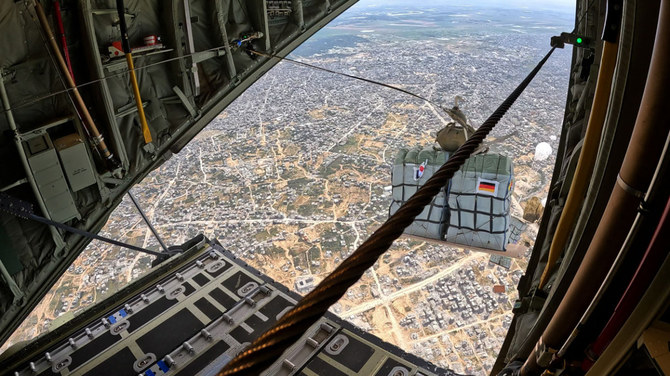
Sudanese authorities are blocking access to popular social media platforms to counter protest movement
Nidaa Al-Sudan, or Sudan’s Call, called on Al-Bashir and his administration to go and for a transition toward democracy to begin
CAIRO/DUBAI: Sudanese authorities are blocking access to popular social media platforms used to organize and broadcast nationwide anti-government protests triggered by an economic crisis, Internet users say.
Sudan has been rocked by near-daily demonstrations over the past two weeks. Protesters have set alight ruling party buildings and have called on President Omar Al-Bashir, who took power in 1989, to step down.
In the latest to do so, Sudan’s largest opposition bloc joined calls on Wednesday by a wide array of political groups for Al-Bashir to step down, turning up the pressure on the longtime autocrat.
Nidaa Al-Sudan, or Sudan’s Call, said in a statement Wednesday that it wanted Al-Bashir and his administration to go, and for a transition toward democracy to begin.
Nidaa Al-Sudan comprises the Umma party of former Prime Minister Sadeq Al-Mahdi and rebel groups in the western Kordofan and Darfur regions, and the Blue Nile region south of Khartoum.
In a country where the state tightly controls traditional media, the Internet has become a key information battleground. Of Sudan’s 40 million people, some 13 million use the Internet and more than 28 million own mobile phones, local media say.
Authorities have not repeated the Internet blackout they imposed during deadly protests in 2013. But the head of Sudan’s National Intelligence and Security Service, Salah Abdallah, told a rare news conference on Dec. 21: “There was a discussion in the government about blocking social media sites and in the end it was decided to block them.”
Users of the three main telecommunications operators in the country — Zain, MTN and Sudani — said access to Facebook, Twitter and WhatsApp has only been possible through use of a virtual private network (VPN).
Though VPNs can bring their own connection problems and some Sudanese are unaware of their existence, activists have used them widely to organize and document the demonstrations.
Hashtags in Arabic such as “Sudan’s_cities_revolt” have been widely circulated from Sudan and abroad. Hashtags in English such as #SudanRevolts have also been used.
“Social media has a really big impact, and it helps with forming public opinion and transmitting what’s happening in Sudan to the outside,” said Mujtaba Musa, a Sudanese Twitter user with over 50,000 followers who has been active in documenting the protests.
NetBlocks, a digital rights NGO, said data it collected, including from thousands of Sudanese volunteers, provided evidence of “an extensive Internet censorship regime.”
Bader Al-Kharafi, CEO of parent company Zain Group, told Reuters: “Some websites may be blocked for technical reasons beyond the company’s specialization.”
Neither the National Telecommunications Corporation, which oversees the sector in Sudan, nor MTN or Sudani could be reached for comment. Twitter and Facebook, which also owns WhatsApp, declined to comment.
“While Sudan has a long history of systematically censoring print and broadcast media, online media has been relatively untouched despite its exponential growth... in recent years,” said Mai Truong of US-based advocacy group Freedom House.
“The authorities have only now started to follow the playbook of other authoritarian governments.”
Al-Bashir, who seized power in a 1989 military coup, has ordered the use of force against protesters who have taken to the streets since Dec. 19 to demand his ouster. Authorities also arrested nearly two dozen opposition leaders.
(With Reuters and AP)











